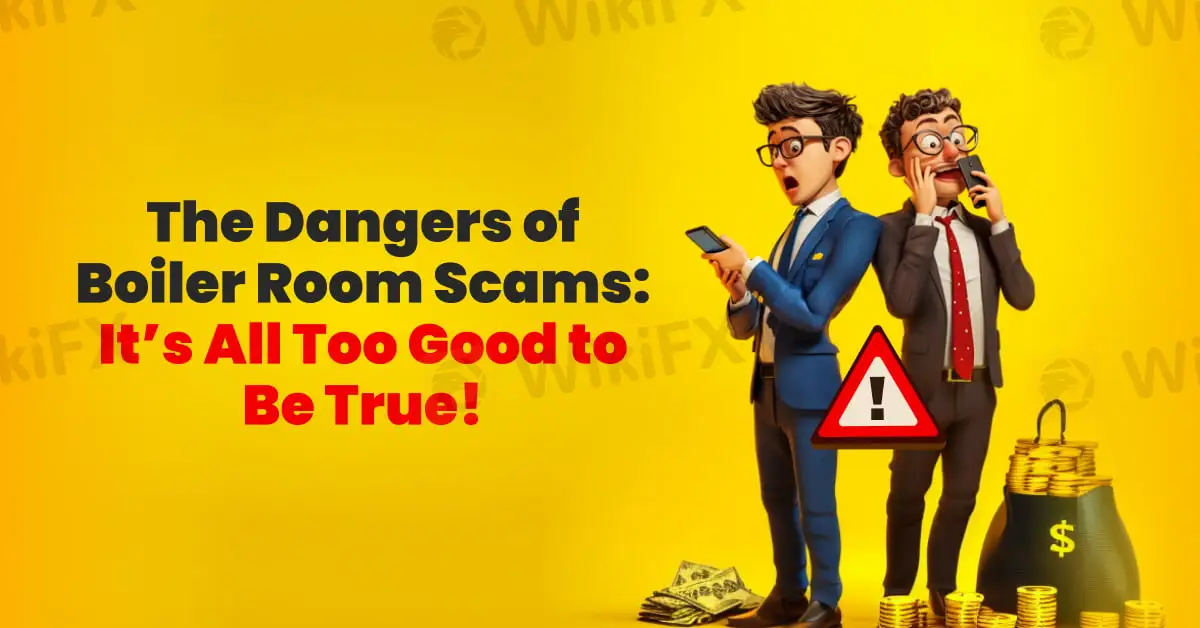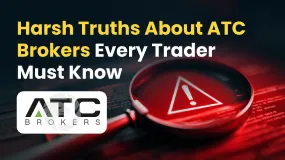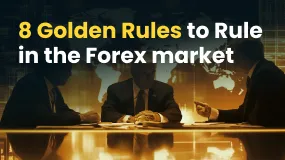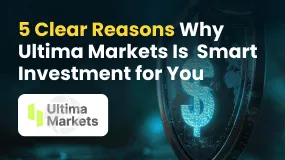简体中文
繁體中文
English
Pусский
日本語
ภาษาไทย
Tiếng Việt
Bahasa Indonesia
Español
हिन्दी
Filippiiniläinen
Français
Deutsch
Português
Türkçe
한국어
العربية
The Dangers of Boiler Room Scams: It’s All Too Good to Be True!
Abstract:Boiler room scams are one of the most dangerous types of investment fraud. These scams often come with promises that sound too good to be true. They rely on convincing victims to invest large sums of money in worthless or non-existent investments. If you are offered a "too good to be true" deal, it is important to stop and think twice.

Boiler room scams are one of the most dangerous types of investment fraud. These scams often come with promises that sound too good to be true. They rely on convincing victims to invest large sums of money in worthless or non-existent investments. If you are offered a “too good to be true” deal, it is important to stop and think twice.
A boiler room scam works by luring victims into investing. Fraudsters usually contact victims over the phone or via online messaging. They offer high returns on investments with little to no risk involved. The scammers goal is to make you feel excited about the opportunity and rush you into making a quick decision.

These fraudsters can be very skilled at what they do. They often make false claims about their business, and they may even use fake documents or websites to convince you. They may sound very professional and even claim to be from a trusted institution. However, their main goal is to take your money and disappear.
One key thing to remember is that no legitimate investment can promise high returns with zero risk. Investments, by nature, carry risks. If something seems too good to be true, it probably is. Always do your research before investing. Check the companys credentials and look for reviews or complaints online. You can also check if the company is registered with a financial authority.
If you find yourself being pressured to invest quickly or if the person on the other end of the phone is insisting on secrecy, these are red flags. Legitimate companies will not pressure you to act fast or hide information.
It is also important to remember that boiler room scams are not limited to just phone calls. Fraudsters are increasingly using social media and online platforms to promote their schemes. Be careful of unsolicited investment offers on these platforms.
If you think you have fallen victim to a boiler room scam, it is important to act fast. Report it to the relevant authorities immediately. In many cases, early reporting can help authorities catch the scammers before they can defraud others.
Boiler room scams can happen to anyone, but the more informed you are, the less likely you are to fall victim to them. Always be wary of any offer that seems too good to be true. Protect your finances and be cautious when making investment decisions.
Remember to download the free WikiFX mobile application from Google Play or App Store now to protect yourself from such schemes!

Disclaimer:
The views in this article only represent the author's personal views, and do not constitute investment advice on this platform. This platform does not guarantee the accuracy, completeness and timeliness of the information in the article, and will not be liable for any loss caused by the use of or reliance on the information in the article.
Read more

Harsh Truths About ATC Brokers Every Trader Must Know
Many regulated brokers hide the risks associated with them. They never talk about these risks and try to attract customers with appealing offers. Later on, customers discover these hidden risks and feel disappointed. Before you come across a similar situation, we want to let you know the risks involved with ATC Broker. Check out the article to discover the harsh truth about it.

8 Golden Rules to Rule in the Forex market
These are important rules that most people won’t tell you. Whether you’re new to Forex beginner or have been trading for a while, these tips can help improve your trading journey. Read this article to learn the key rules every trader should keep in mind.

Top Reasons Why Prime FX CFD is Not Worth Your Investment
Prime FX CFD is constantly grabbing headlines, but not for the right reasons. It has become an infamous name in the forex market, which, otherwise, has become the reason for many becoming financially independent globally. Investors have been taken for granted as scams keep happening. We have found some red flags with this scam forex broker. In this article, we will let you know about them. Keep reading!

5 Clear Reasons Why Ultima Markets Is Smart Investment?
The Right Investment is hard to find these days. The Forex market is full of scam brokers, and it's a tough task to find the trusted ones. However, you can check out this article to discover 5 specific reasons why Ultima Markets stands out as a reliable choice.
WikiFX Broker
Latest News
PrimeXBT Launches MT5 PRO Account for Active Traders
eToro Expands into Singapore with MAS CMS Licence
Renault shares plunge 16% after French carmaker lowers guidance, appoints new interim CEO
Darwinex Launches INDX: A Revolutionary Investment Strategy for Traders
Top Forex Trading Scams to Watch Out for in 2025
Real Risk Factors with Admiral Markets ! Explained
5 Reasons to Know Why INFINOX Is a Standout Broker?
5 things to know before the stock market opens Wednesday
Trump's big beautiful bill' caps student loans. Here's what it means for borrowers
Weekly mortgage demand plummets 10%, as rates and economic concerns rise
Currency Calculator


